Who is Kevin Richardson? On a Stark 1977 Day, He was a Suicidal Husky
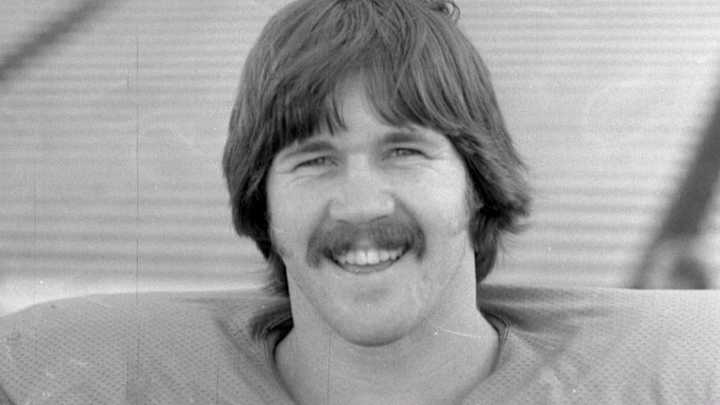
Kevin Richardson stepped into the shower at his college rental house near Seattle's Green Lake district, thinking it would be his last.
In was February of 1977 and the suicidal University of Washington defensive tackle had decided to kill himself that day, but not before he let the hot water rain down on him one more time.
His three roommates, all Husky athletes but not football players, had gone out the door for school. They left him alone with a shotgun and a rifle in the closet.
His dilemma: Which one would he use?
Richardson was the strongest Husky on the football team, but he'd lost his starting job for half of the 1976 season, which in turn made him fork over his identity. Everything began to cascade out of control inside his head.
"I was old shoes," he said. "I'd lost all hope. I was in the deepest and darkest depression. I saw no light in my life. It was gone."
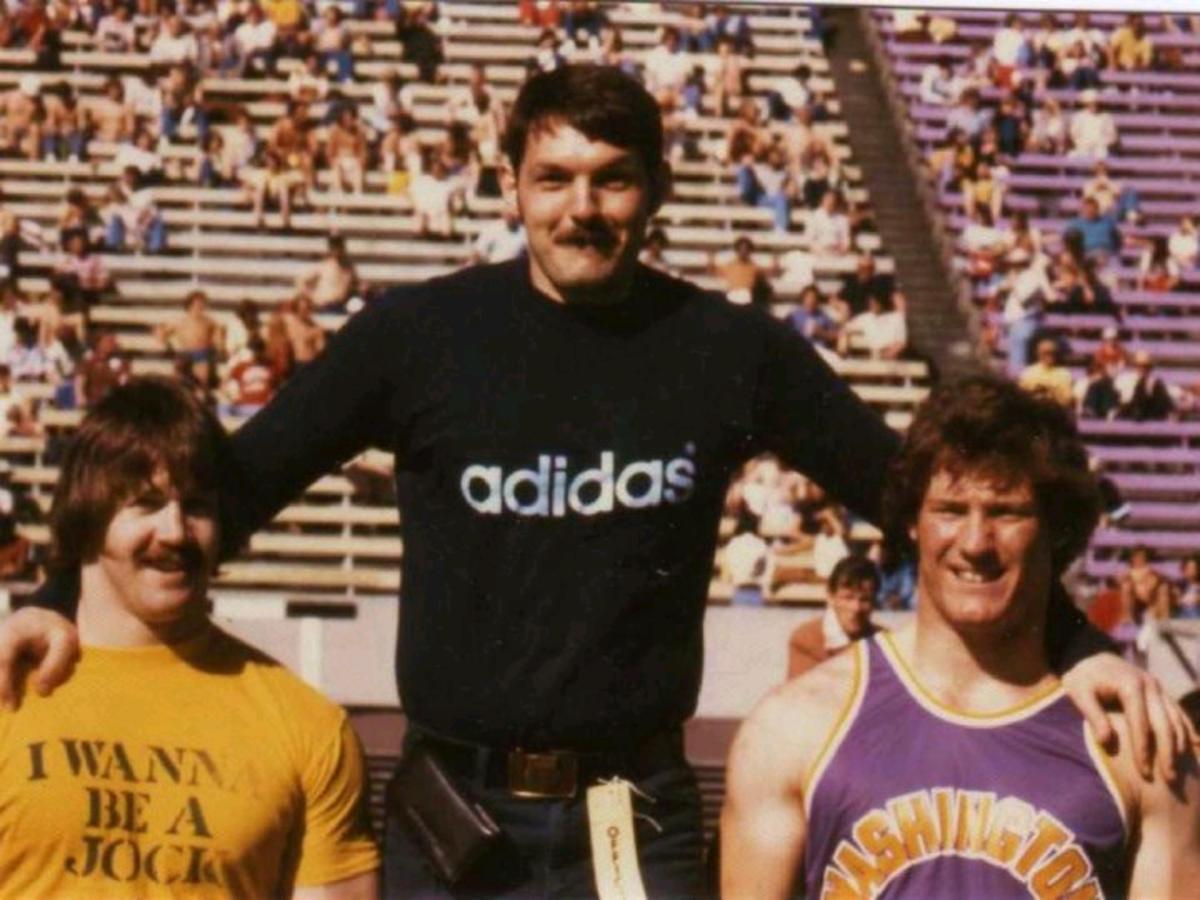
A fifth-year senior for legendary coach Don James' second UW team, Richardson started the first three games and the final three of the 1976 season. For the middle five outings, he stepped aside for Doug Martin, a promising freshman defensive tackle and future first-round NFL draft pick whose brother George played for the New York Giants. He still played a lot, he just wasn't the starter.
There was no shame in any of that, only Richardson couldn't see it. Martin was one of James' earliest and more highly regarded California recruits. Richardson, brought in by Jim Owens, was one of the Huskies' first players pulled from the Sacramento area. It was harsh but inevitable the newer coach would turn to some of his recruited players.
James made the position change after the Huskies opened the season 1-2, losing to powerful Colorado 21-7 and then to lowly Indiana 20-13. The coach gave no explanation at all, other than telling his team it hadn't prepared properly for the Hoosiers and it wouldn't happen again. He just posted a new lineup on the wall.
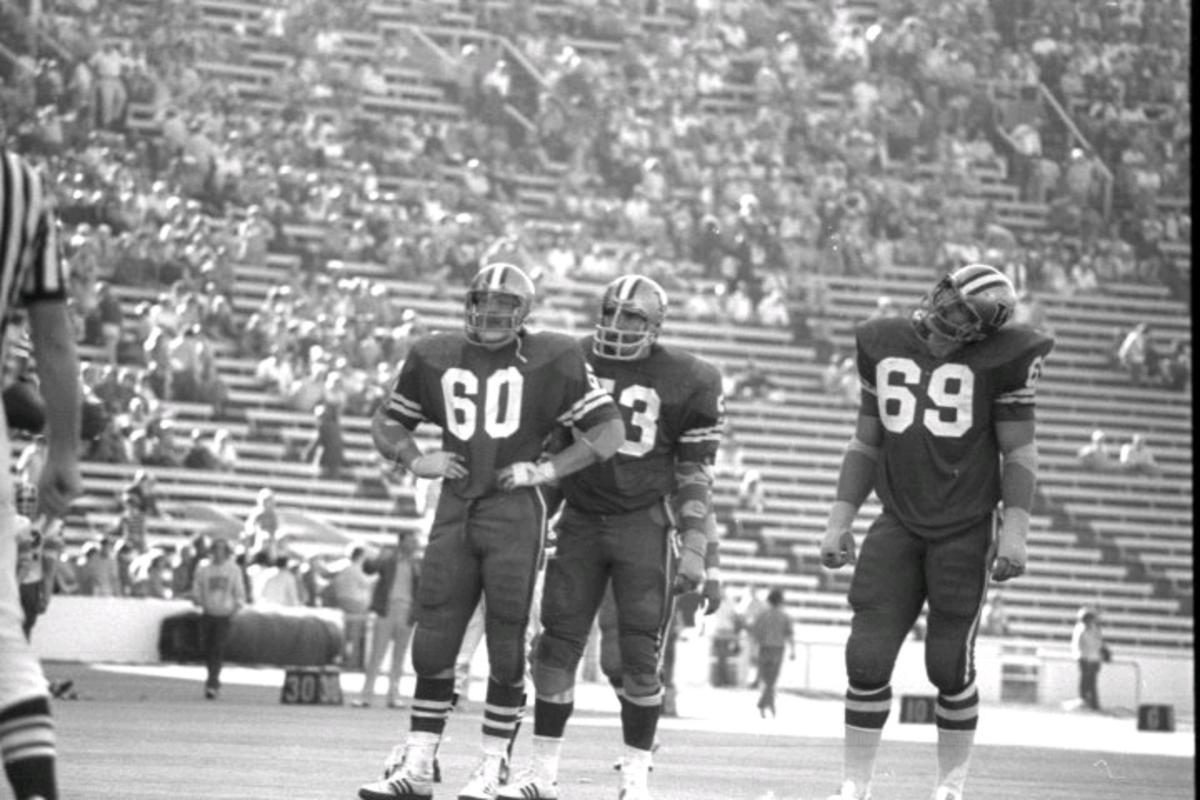
This ate at Richardson, that he'd been replaced in such an impersonal way and marginalized without being told why, and he let it fester.
Depression and anxiety set in. Once the season ended, he quit lifting weights, which had been his staple and concerned everyone around him. He quit going to class, which went hand in hand with football. He stayed in bed and wouldn't shower for a week on end.
Richardson figured his NFL chances had dissipated because he wasn't a full-season starter. He took a great dislike to James, feeling rejected.
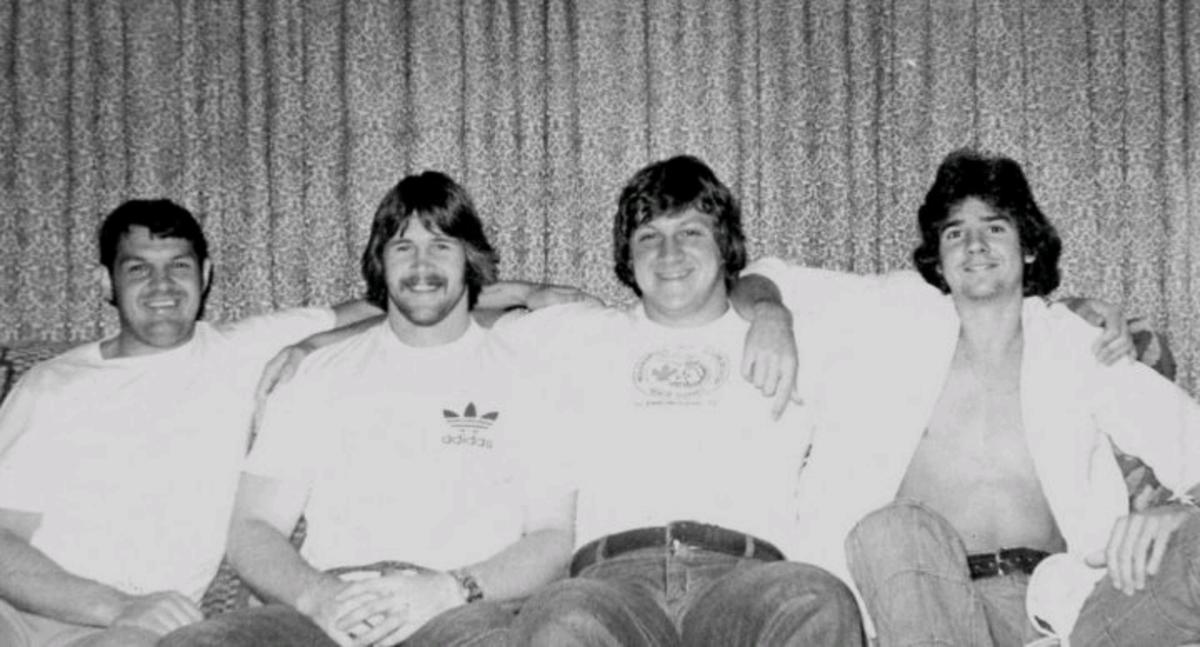
He'd lost sight of the fact that he could play, and play well. He'd been a starting offensive guard as a redshirt freshman during UW spring practice before he suffered a knee injury that required surgery. He'd come back from a second knee injury. He made the switch to defensive tackle, a position with even greater responsibility.
Richardson drew a lot of attention, too, for setting weight-lifting records for the Huskies. He bench-pressed 440 pounds multiple times in one sitting as a sophomore and 485 as a senior.
"I was the strongest defensive lineman in the nation," he said.
On the field, Richardson twice sacked a Minnesota quarterback named Tony Dungy, who would become an NFL coach and is now a highly visible football broadcaster. He delivered a goal-line hit to USC running back Ricky Bell that was so fierce the eventual No. 1 pick in the 1977 draft pick complimented him right then and there.
Yet Richardson was in a tailspin as he stood in the shower, then sat in his house, waiting to pull the trigger, feeling too distraught to go on.
Underlying issues, compounded by his football disappointment, brought him to the edge of despair. The death of Freddie Prinze nearly sent him over it.
The week before, the popular actor and comedian had shocked fans all over the country, people like Richardson, when he put a gun to his head and and ended it all in Hollywood.
This big, fun-loving UW football player from California loved Freddie Prinze. The actor represented something uplifting to him and now he was gone. Richardson thought maybe he should go there, too.
"I used to watch his show, 'Chico and the Man,' " he said. "It was one of my favorite shows. When I heard he shot himself, I lost all hope."
Richardson looked at those guns for a couple of hours, then finally got up and walked out of his house.
Today, this man, now 66, lives in Memphis, Tennessee. Obviously, he talked himself out of taking his own life. It required hours and hours, if not days and years, for this personable man to finally find his way and reset. It came down to having the will to move past all of that hopelessness.
Outside of dealing with the pandemic, Richardson is fairly upbeat and pursuing different projects. He's conservative and a little outspoken, as some Husky fans uncomfortably found out on social media. He's worked in construction and tried to give law-enforcement a try.
He calls himself a writer now. He's had magazine articles published. He's made some Hollywood connections with that endearing personality of his and he's always networking.
As for football, Richardson didn't get drafted. He was offered free-agent contracts by a number of teams, such as the Steelers and the 49ers, but it took him awhile to get his world in order. He couldn't do it, sign anything, go to camp. The small window of pro football opportunity closed without him.
It took Richardson even longer to forgive or fully understand the actions by Don James so long ago. But he reached out to his former coach before James passed, they talked about what happened so many years before, and everything was settled.
In fact, he legally changed his name to Kevin James Richardson. The coach was part of the reason (more on that tomorrow).
For 10 years, Richardson has been writing a book, explaining how how he got to the edge of suicide and backed away. He's gone in spiritual directions, become overly reflective, kept moving forward. If anything, he wasn't ready to stop taking hot showers.
Follow Dan Raley of Husky Maven on Twitter: @DanRaley1 and @HuskyMaven
Find Husky Maven on Facebook by searching: HuskyMaven/Sports Illustrated
Click the "follow" button in the top right corner to join the conversation on Husky Maven. Access and comment on featured stories and start your own conversations and post external links on our community page.
